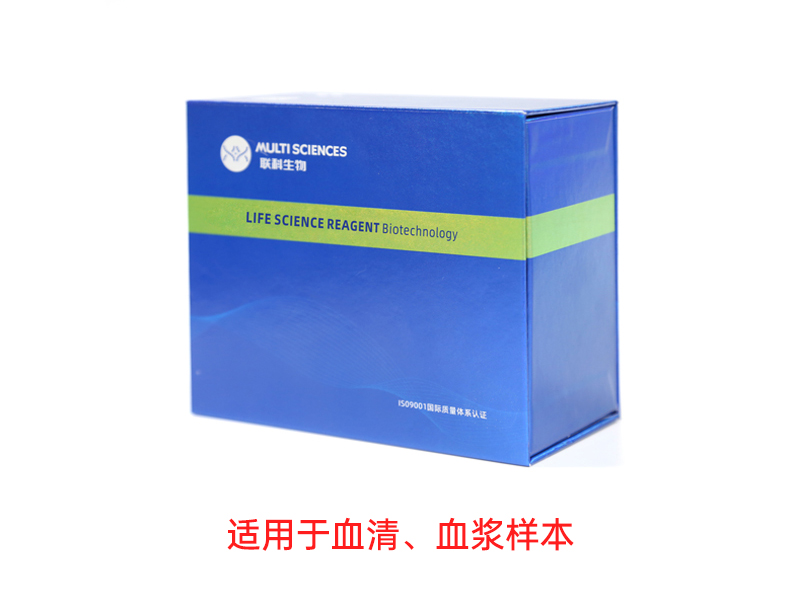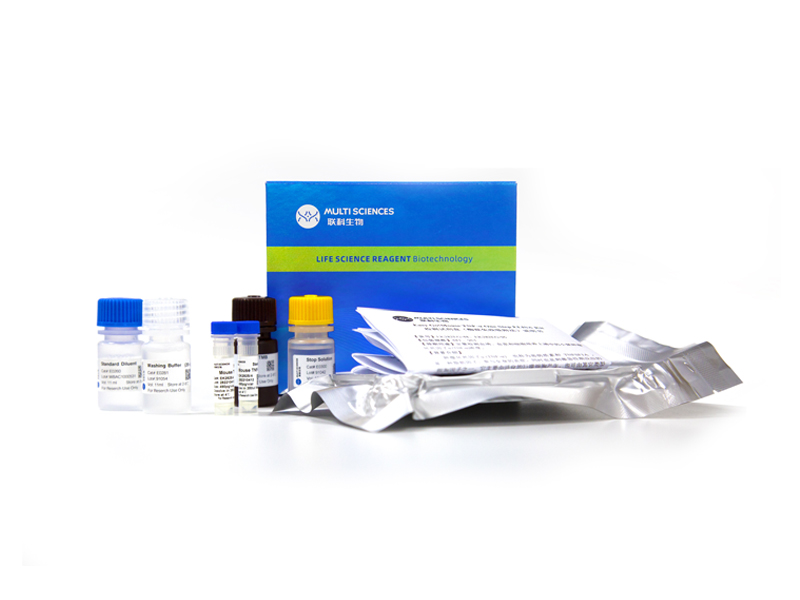Advanced glycation end products (AGEs) are a spectrum of complex compounds widely found in processed foods and frequently consumed by humans. AGEs are implicated in impairing the intestinal barrier, but the underlying mechanisms remain unclear. This study investigated the effects of three types of AGEs on gene expression of tight junctions (TJs) in colorectal epithelial HT-29?cells, and observed minimal alterations in TJs expression. Given the important role of subepithelial macrophages in regulating the intestinal barrier, we explored whether AGEs affect the intestinal barrier via the involvement of macrophages. Notably, a significant downregulation of TJs expression was observed when supernatants from AGEs-treated RAW264.7 macrophage cells were transferred to HT-29?cells. Further investigations indicated that AGEs increased IL-6 levels in RAW264.7?cells, subsequently triggering STAT3 activation and suppressing TJs expression in HT-29?cells. The role of STAT3 activation was confirmed by observing enhanced TJs expression in HT-29?cells following pretreatment with an inhibitor of STAT3 activation prior to the transfer of the conditioned medium. These findings demonstrated that AGEs impaired the intestinal barrier via macrophage-mediated STAT3 activation, shedding light on the mechanisms underlying AGEs-induced intestinal barrier injury and related food safety risks.
文章引用产品列表
-
- EK206EGA 56 Citations
- 一步法ELISA试剂盒(A/B)
EasyGo!™ Mouse IL-6 One-Step ELISA Kit 检测试剂盒(酶联免疫吸附法)
- ¥2,190.00 – ¥3,650.00
-
- EK206 1296 Citations
- ELISA试剂盒
Mouse IL-6 ELISA Kit检测试剂盒(酶联免疫吸附法)
- ¥1,600.00 – ¥10,800.00
-
- EK206HS 1080 Citations
- 高敏试剂盒
Mouse IL-6 High Sensitivity ELISA Kit检测试剂盒(酶联免疫吸附法)
- ¥2,000.00 – ¥3,400.00





